David Walliams: Inspiring kids to fall in love with reading
Since his first novel The Boy in the Dress in 2008, David Walliams has revolutionised reading for children. But now he’s competing against the digital world and screen addictions
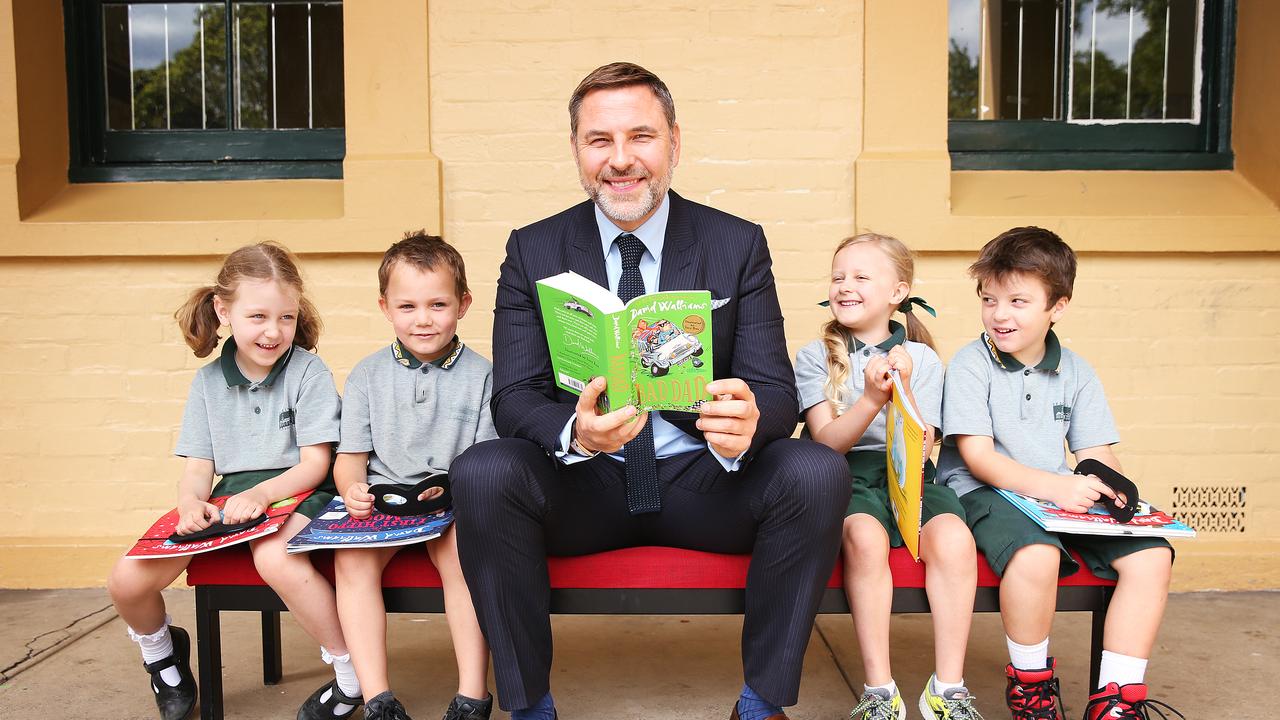
READING LEVEL: GREEN
Since his first novel The Boy in the Dress in 2008, David Walliams has revolutionised* reading for children and become one of the most influential* children’s writers around.
Today, the best-selling author discusses his love of reading and the value he places on encouraging such joy in children.
Have you ever found yourself glued to a screen, and thought, “I don’t need a book?” Well, Walliams, has a story that might just change your mind.
Walliams, the genius* behind books like The Worlds’ Worst Monsters and Gangsta Granny, didn’t always love reading.
In fact, he was a bit of a TV addict* when he was young.
“I was once a reluctant* reader,” Walliams said.
“It wasn’t that I hated books, it was that I loved watching television.
“When I was a child, my parents made the mistake of letting me have a tiny black-and-white television in my bedroom.
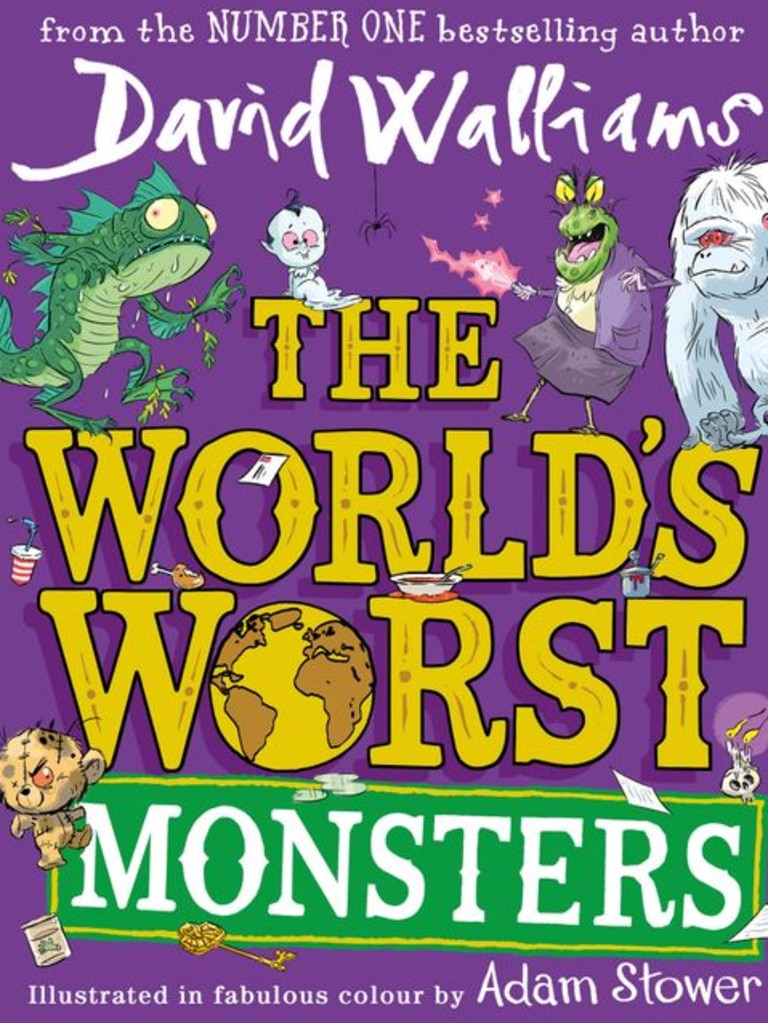
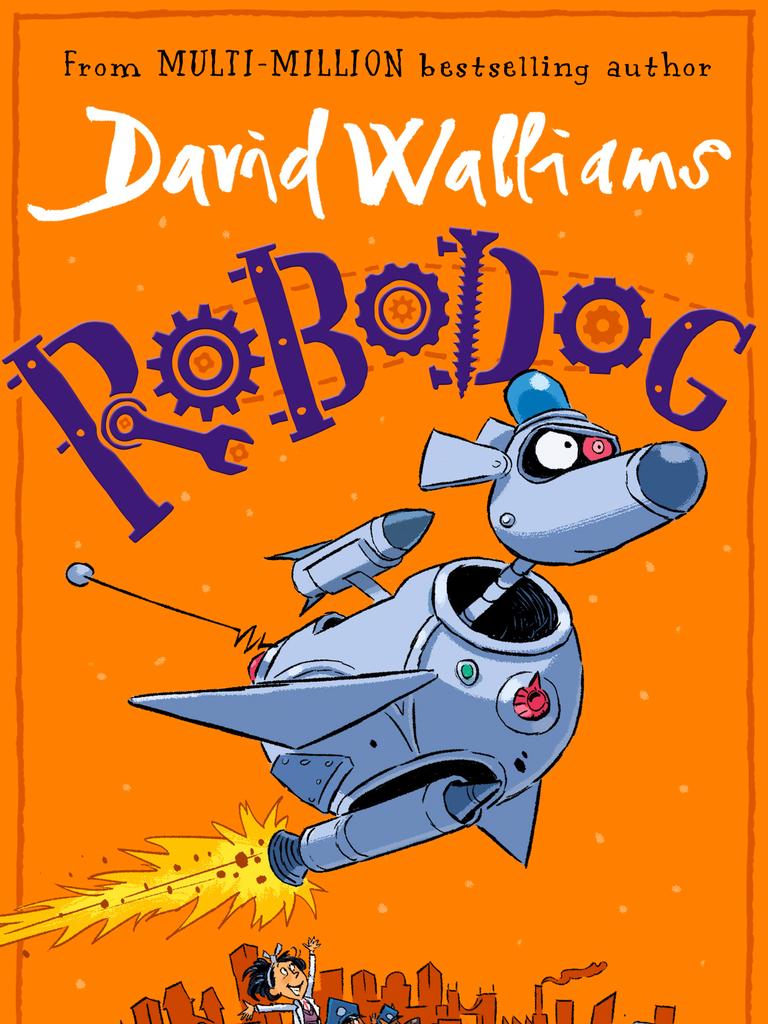
“My mum and dad read to me when I was little. One of my favourite memories of my late father is of him reading Dr Seuss’s Green Eggs and Ham to me as I drifted off to sleep.
“But I found the transition* to reading books on my own was slow.
“Throughout my childhood, my mum and dad took me and my sister to our local library every fortnight.
“I mainly chose nonfiction* books about space travel or dinosaurs or volcanoes. Anything with lots of pictures and not too many words.”
But everything changed when Walliams discovered a book that would make him fall in love with reading forever.
“One day I discovered a book that changed my life. In a corner of the library was a very special book,” he said.
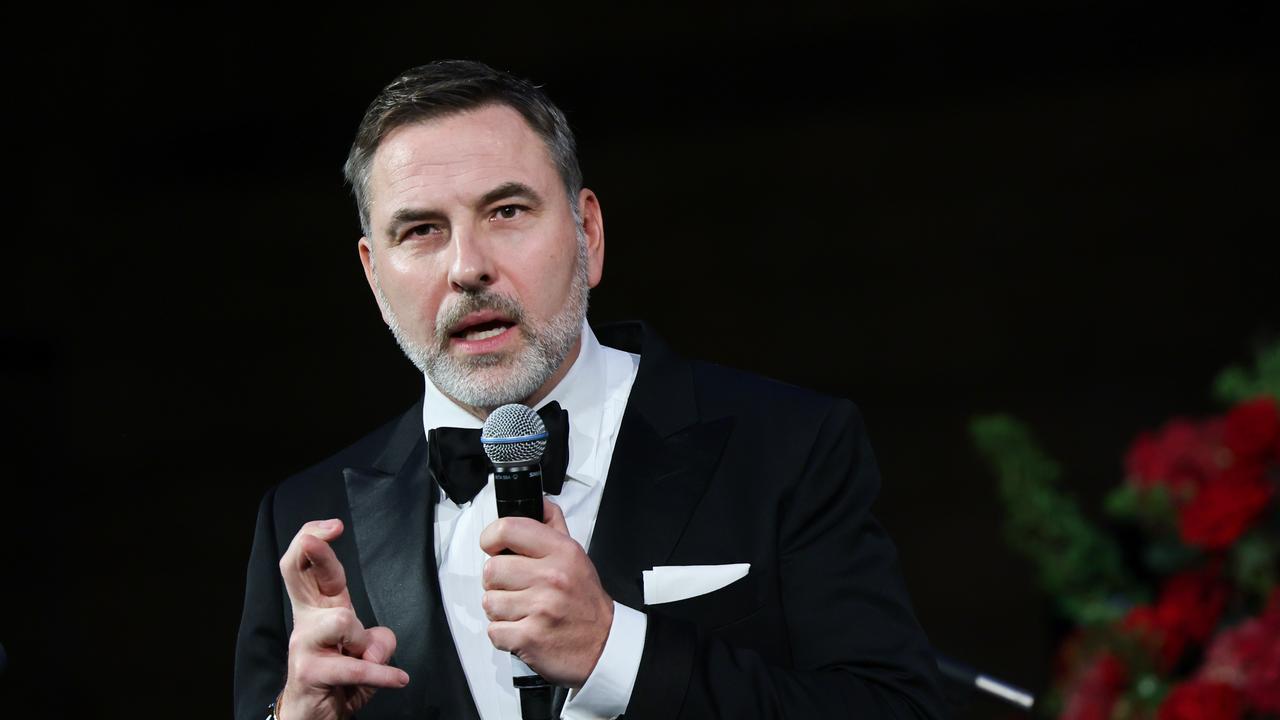
“It was Charlie and the Chocolate Factory (and it) made me fall in love with reading.
“So, what makes it so special? For me, it’s a book you would never need to force a child to read.
“For me, a book that children want to read for themselves is worth a hundred books they are forced to read.”
Walliams said with “millions of hours of entertainment just a click away”, from video games to YouTube and streaming channels, it was so much harder to choose a book for entertainment.
“Children live between the real world and the imaginary one,” he said.
“When they play at being a robot or an astronaut or a dinosaur, they believe (or at least half-believe) they are a robot or an astronaut or a dinosaur. They are immersed*.
“And just like playing, books are immersive* too. But books couldn’t be more different from screens.
“You have to think. You have to concentrate so the words paint pictures in your mind.”
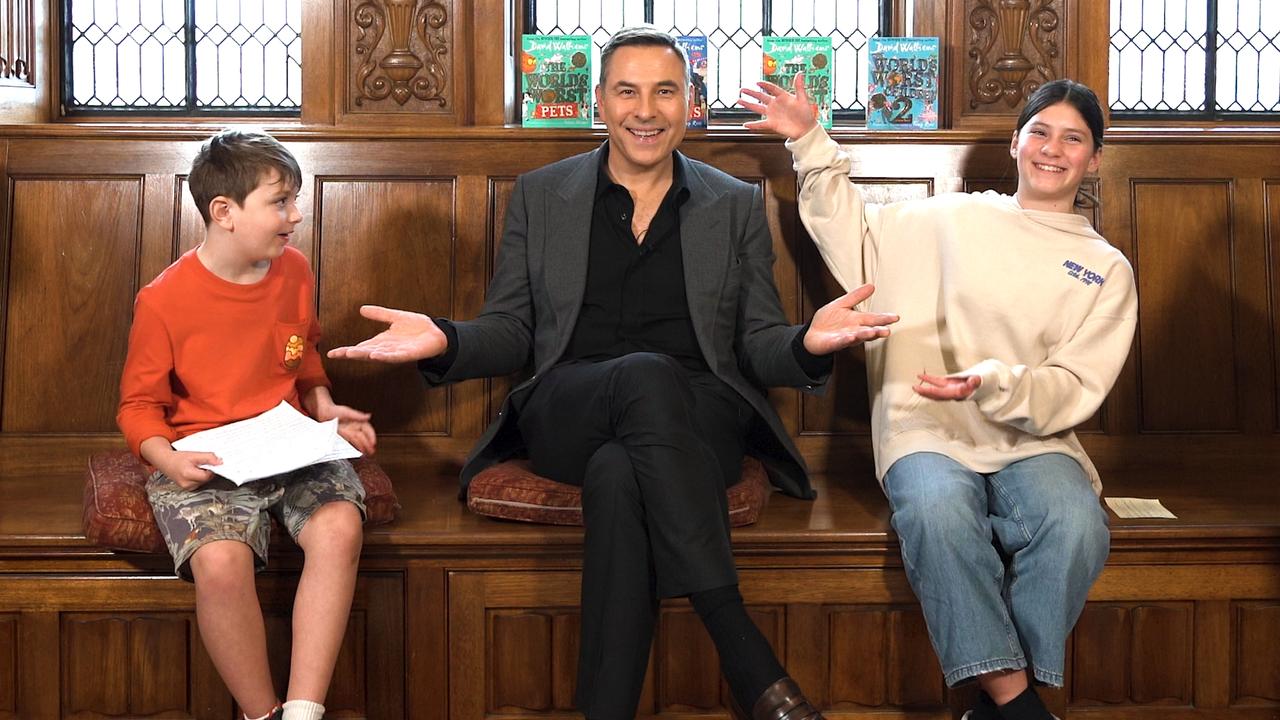
So how do we encourage kids to read for pleasure? As the father of a 10-year-old boy, Walliams suggests the following:
Start young
Walliams said you should start reading to babies even before they can talk. It’s a great way to bond, and kids just love hearing stories.
“[My son] Alf and I graduated from me reading every page to him, to us reading pages to each other, before eventually he read alone,” Walliams said.
“That meant the transition felt smooth.”

Visit the library
Going to the library or a bookshop can be like a treasure hunt. Letting you pick your own books makes reading super fun.
Walliams never told Alf what books to choose – he believes in letting kids explore what they love.
Books for fun
Not all books have to be serious. Books that are just for fun are important too. They are like gateways* to discovering more awesome stories and adventures.
So, if you find a book you can’t stop reading, that’s awesome. Celebrate it because you’re a reader.
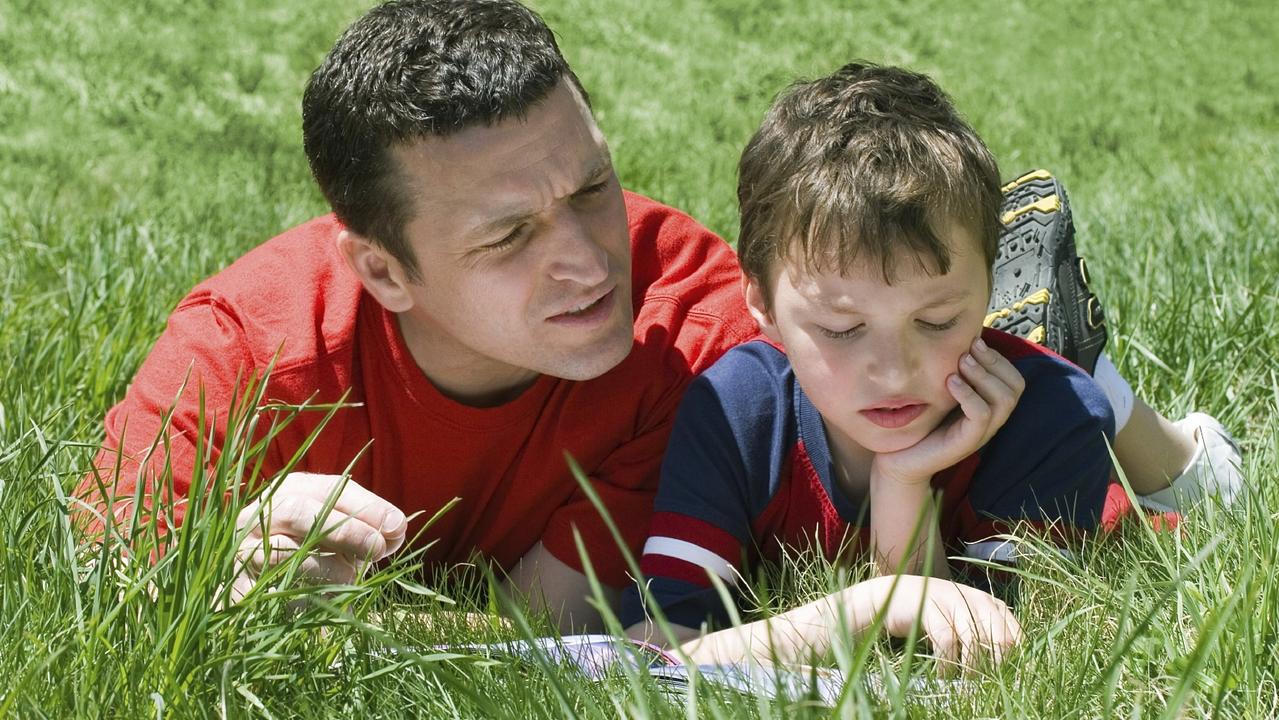
Use your imagination*
Walliams pointed out that books are different from screens.
When you read, you have to use your imagination to picture the story in your mind. It’s like being in a movie, but you’re the director*.
So why is it so important that every child reads?
“It’s important for people to read for pleasure as a child, or chances are they will never read as an adult,” Walliams said.
“Children reading isn’t an end to itself. Reading develops children’s minds and enhances* their lives in more ways than we might imagine.
“In a story, you never end up exactly where you began. Things change. And we all want change of some sort. End war. Find love. Create a fairer society*. But change doesn’t come easily.
“Stories encourage children to believe in change. It might be for them to change, progress, grow. Or for the world to change.

“This is a huge responsibility* for us children’s authors. If our books don’t capture children’s imaginations, children will stop reading, never read as an adult, and books will die out.
“I have long forgotten most of what I learned at school. But I will never forget the books that I loved. The books that changed the way I thought and felt about the world. The books I read for pleasure.
“The importance of reading for pleasure is not just something I want to pass on to my son. But to all children.”
So, next time you’re wondering what to do, remember David Walliams’ words.
Pick up a book, dive into a new adventure, and let your imagination run wild.
Books are not just about learning – they’re about having the time of your life.
GLOSSARY
- revolutionised: changed something in a very important or complete way
- influential: having the power to change things or to affect what happens
- genius: someone who is very smart or talented
- addict: someone who cannot stop doing something that is not always good for them
- reluctant: not wanting to do something
- transition: a change from one thing to another
- nonfiction: books about real things, people, events, or places
- immersed: fully involved in something
- immersive: something that completely surrounds or engages you
- gateways: entrances or ways to get to something new
- imagination: the ability to think of things that are not real
- director: someone who makes decisions about how things should happen, like in a movie
- enhance: to make something better or stronger
- society: a group of people who live together in a community
- responsibility: something you are expected to do or take care of
EXTRA READING
Scottish fans trigger seismic Swift
Wallace pasted over King’s portrait
Song every Australian should know
David Walliams visits Kids News
QUICK QUIZ
- What type of books did young David Walliams prefer before he discovered Charlie and the Chocolate Factory?
- What did he say about the difference between playing and reading books compared to watching screens?
- How did Walliams’ parents help him and his sister get into reading?
- What special memory does Walliams have of his father and reading?
- What does Walliams mean when he says that books can be “gateways” to discovering more stories?
LISTEN TO THIS STORY
CLASSROOM ACTIVITIES
1. But then …
Plan and write a story that starts with this phrase: ‘I thought I didn’t need a book, but then …’
Time: allow at least 25 minutes to complete this activity.
Curriculum Links: English
2. Extension
Can you think of a storyline for a book that would make a kid who would rather be online than read a book want to read it?
Write it down.
Time: allow at least 20 minutes to complete this activity.
Curriculum Links: English
VCOP ACTIVITY
Creative vocabulary
Find a bland sentence from the article to up-level. Can you add more detail and description? Can you replace any ‘said’ words with more specific synonyms?
Have you outdone yourself and used some really great vocabulary throughout your writing? Firstly, well done. Secondly, let’s ensure everyone can understand it by adding a glossary of terms. Pick three of your wow words and create a glossary for each word to explain what it means.

